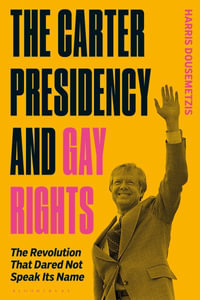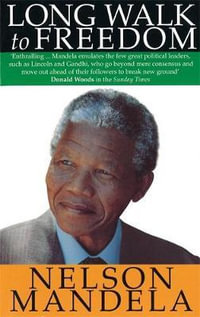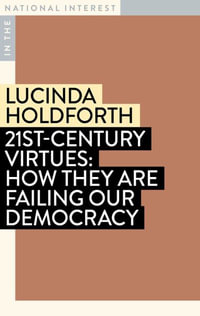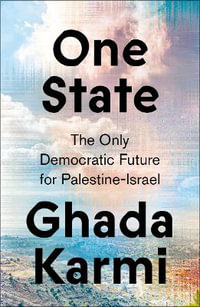Between February 1990 when the South African president, F.W. De Klerk, released Nelson Mandela from prison and legalised the ANC, and April 1994 when the first democratic elections were held, South Africa experienced revolutionary changes. This book investigates some of the problems that came to the fore during this 'interregnum' and seeks to explain how a peaceful transition was eventually achieved. Ordinary South Africans as well as those entrusted with building the new state were forced to consider questions of profound importance -human rights and land reform, the future of the Homelands and the validity of the democratic process. The book focuses on these issues and on the interplay of forces of stability and instability in a period that saw the spread of communal violence on a horrific scale such that many prophesied the outbreak of civil war. It offers a way of understanding this violence by looking at the way it served the perceived interests of traditional apartheid and the objectives of the whites in the 'decolonisation' period. The book also explores the way in which De Klerk's National Party changed from support for Inkatha and the idea of Federalism to an alliance of convenience with the ANC which made the elections of April 1994 possible. The historical dimension of the new constitution is examined and the way in which the concept of democracy was negotiated. The book also focuses on the National Peace Accord and the attempt to create institu-tions to defuse the communal violence - the first time in the modern history of South Africa that an attempt was made to create institutions to serve the needs of the population as a whole. Other chapters examine the issue of a Bill of Rights and land reform. A close look at the experience of India since its independence throws light on what can and cannot be achieved through a formal Bill of Rights, and the options facing the new government in achieving stability in this area are realistically appraised. Between February 1990 when the South African president F.W. De Klerk, released Nelson Mandela from prison and legalised the ANC, and April 1994 when the first democratic elections were held, South Africa experienced revolutionary changes.
























